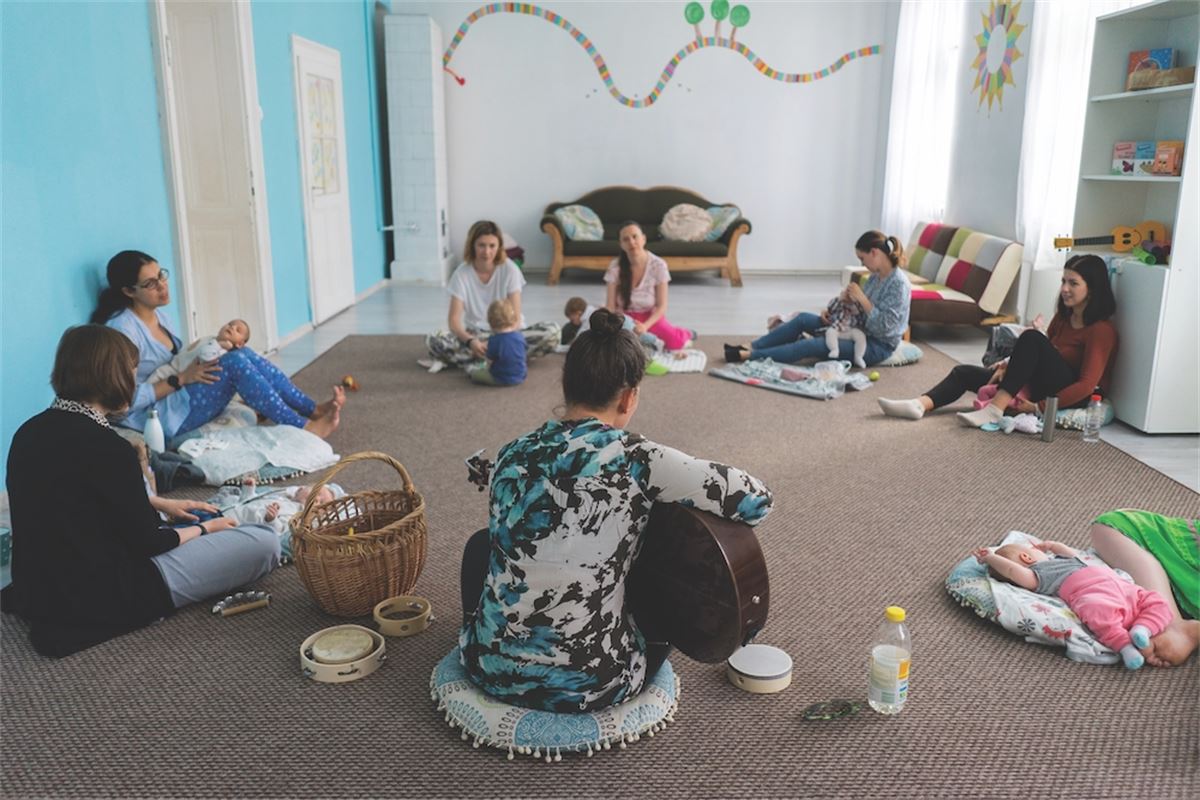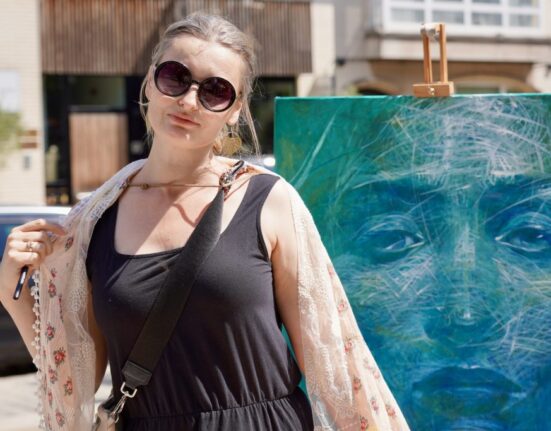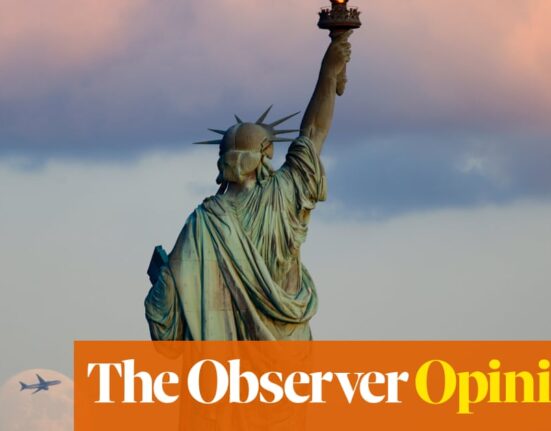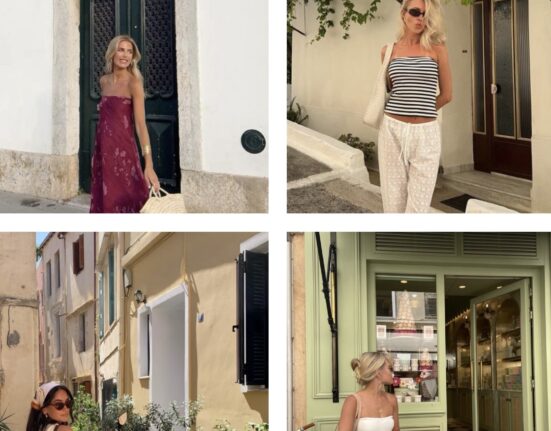A year ago, the World Health Organisation (WHO), the world’s leading public health agency, focused its attention on an area outside its traditional remit of emerging epidemics, chronic diseases and primary health care – the arts.
With the creation of the Jameel Arts and Health Lab, it launched a pioneering project aimed at exploring the positive effects of the arts on health and wellbeing alongside classical medical treatment, and with the aim of encouraging more initiatives in this area in Europe and beyond.
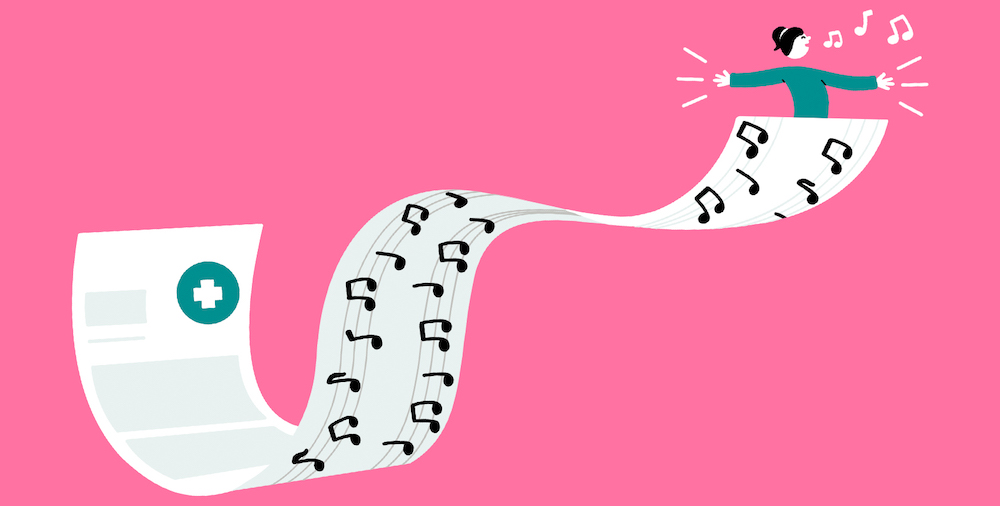
“The arts are complimentary to more than medical approaches,” says Christopher Bailey, the WHO’s arts and health lead, based in Geneva. “It’s no different than recommending good behaviour or exercise. They’re a core part of what makes us human.”
The Jameel Arts and Health Lab is a collaboration between the international philanthropic foundation Community Jameel, the WHO, New York University (NYU), and the art non-profit CultuRunners. It aims to promote arts and health programmes and amplify scientific research into the field, pushing policymakers in the health sector to begin viewing culture as a driver of good health, alongside more established practices such as physical exercise and balanced nutrition.
While research into the connection between the arts and wellbeing spans three decades, it has gained renewed attention from lawmakers and public health officials in the wake of Covid-19 and the deep impact the pandemic had on the mental health and wellbeing of people around the world.
With bases in NYU and the WHO’s Regional Office for Europe (WHO/Europe) in Copenhagen, the Jameel Arts and Health Lab represents the first major arts and health initiative in the history of the United Nations agency, and follows a comprehensive 2019 WHO report on the role of culture in preventing illness – both mental and physical.
The report advanced a “holistic definition of health”, defining it as not merely the absence of disease but the presence of general wellbeing.
The lab’s first programme, ‘Music for Motherhood’, wrapped up with encouraging results last year. It saw a group of new mothers with symptoms of postpartum depression, which affects around one in seven women globally, participating in facilitated group singing sessions over a 10-week period in cities across Denmark, Italy and Romania. Mothers who had participated in the singing sessions reported feeling less lonely and alienated, as well as more bonded to their children at the conclusion of the project.
“The clinical evidence behind it has demonstrated that, for mothers, using this intervention is more effective than strictly focusing on regular medical care,” Nils Fietje, technical officer at WHO/Europe and the programme’s lead, tells The Parliament.
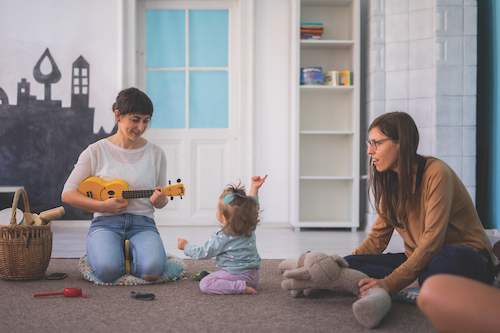
The decision to trial the project simultaneously in multiple European Union countries was the right one, he explains, as it highlighted the need to adapt it across cultures. WHO researchers working on the project in Romania, for instance, reported difficulties in navigating the country’s health system, while those in Denmark did not.
Emerging findings on the benefits of culture on health have also sparked the interest of the EU institutions. Culture For Health, a project partially funded by the European Commission and run in collaboration with Culture Action Europe, a membership organisation for Europe’s cultural sector, has gathered a database of more than 800 such projects currently under way in and outside the EU.
Initiatives have also been popping up at a local level across Europe. Two years ago, Delphine Houba, Brussels’ alderwoman for culture, launched a project allowing psychiatrists at a local hospital to prescribe their patients a visit to one of five museums in Belgium’s capital, providing them with an incentive to visit through subsidised free-entry tickets. In Spain, some of Madrid’s museums now periodically offer tours to groups of patients with Alzheimer’s disease.
After 18 months of data collection, Culture for Health presented its findings at a conference earlier this year, during which it also offered some policy recommendations to be applied at the EU level. It advocated the promotion of culture-based social prescribing – helping patients improve their health through social activity – across all 27 EU countries, as well as the addition of dedicated provisions in policy documents.
Access to culture is also mentioned as one of the elements in a person’s life that have an “important impact on mental health” in the Commission’s long-awaited mental health strategy, unveiled by EU health chief Stella Kyriakides in June. “Obstacles to good mental health cannot be overcome within the health system alone,” the strategy reads. “Arts and culture are important in promoting the positive mental health and wellbeing of individuals and society in general by supporting social inclusion and reducing mental health stigma.”
But as Bailey explains: “It’s not just ‘read this sonnet and call me in the morning’. It comes down to trying to make sense of the world,” the WHO’s arts and culture lead says. “And if we can’t control what’s happening, can we find a meaning that allows us to endure and ideally to transcend, to embrace what is happening rather than deny it?”

